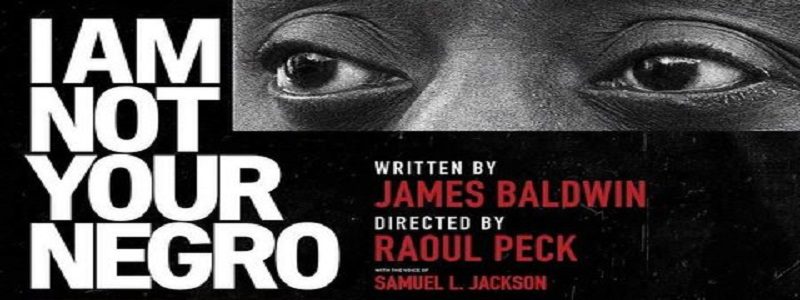Everything-but-the-Kitchen-Sink Assessment
By Gerald Graff and Cathy Birkenstein
[Adapted from a talk presented at a session on “Standardization and Democratization in College Writing Programs” at the NCTE Conference on College Composition and Communication, April 7, 2016, in Houston Texas.]
After a rocky start, higher education has come to embrace outcomes assessment. When Gerald was President of MLA in 2008 he caught a lot of flak for a pro-assessment column in the MLA Newsletter entitled “Assessment Changes Everything.” Now, eight years later, the outrage has largely dissipated. As Chris Gallagher suggests in a 2012 College English article, “OA now seems like educational common sense. Define goals for student learning, evaluate how well students are achieving those goals, and use the results to improve the academic experience. Who could argue with that?” Gallagher does go on to argue with Outcomes Assessment, citing some dangers that he sees in it. But he accepts the need for outcomes assessment in principle, as do most of us.
Dismantling Racially-Motivated Arguments for Exclusion
Exercising Response and Refutation in Interpreting ‘Interpretater of Maladies’
The Bengali-born American writer Jhumpa Lahiri burst on the literary scene with her first collection of short stories, Interpreter of Maladies, published in 1999, when Lahiri was in her early 30s. The collection, which gathers stories published in The New Yorker and less prominent literary magazines, has sold 15 million copies worldwide, and won the 2000 Pulitzer Prize for Fiction, as well as the Hemingway/PEN Award. Lahiri launched a literary career with this masterful collection in which she has both been very widely read and very highly lauded. Among other honors, she was named by President Obama in 2010 to the Committee on Arts and Letters, a position she resigned in 2017 to protest President Trump’s anti-immigrant rhetoric
Is Soccer the Best Sport in the World? (Part 1)
I’d like to start this post by declaring that I am not myself a fan of the sport that America calls soccer and the rest of the world calls football. But after I listened and made a minor contribution to a friendly dispute at a family function about the merits of soccer in comparison to other sports more popular in this country, I recognized that this issue could be useful in my work with teachers, building their professional capacity to teach their students to think critically and make college-directed arguments on the key questions in their curriculum content. A debatable question that I have been using often of late with partner teachers is:
Is soccer the best sport in the world?
Teaching the Documentary ‘I Am Not Your Negro’ through Argument
I see a lot of documentaries, and one of the very best I’ve seen in a long while was “I Am Not Your Negro,” the 2016 film directed by Raoul Peck. The film was created from a set of unpublished writings by James Baldwin. Read by Samuel L. Jackson, they provide the only voiceover. Baldwin was working on a book, one that he did not complete but for which he prepared extensive notes, taking a distinctly autobiographical look at the divergent and convergent lives and deaths of three towing civil rights leaders: Martin Luther King, Jr., Medgar Evers, and Malcolm X.






